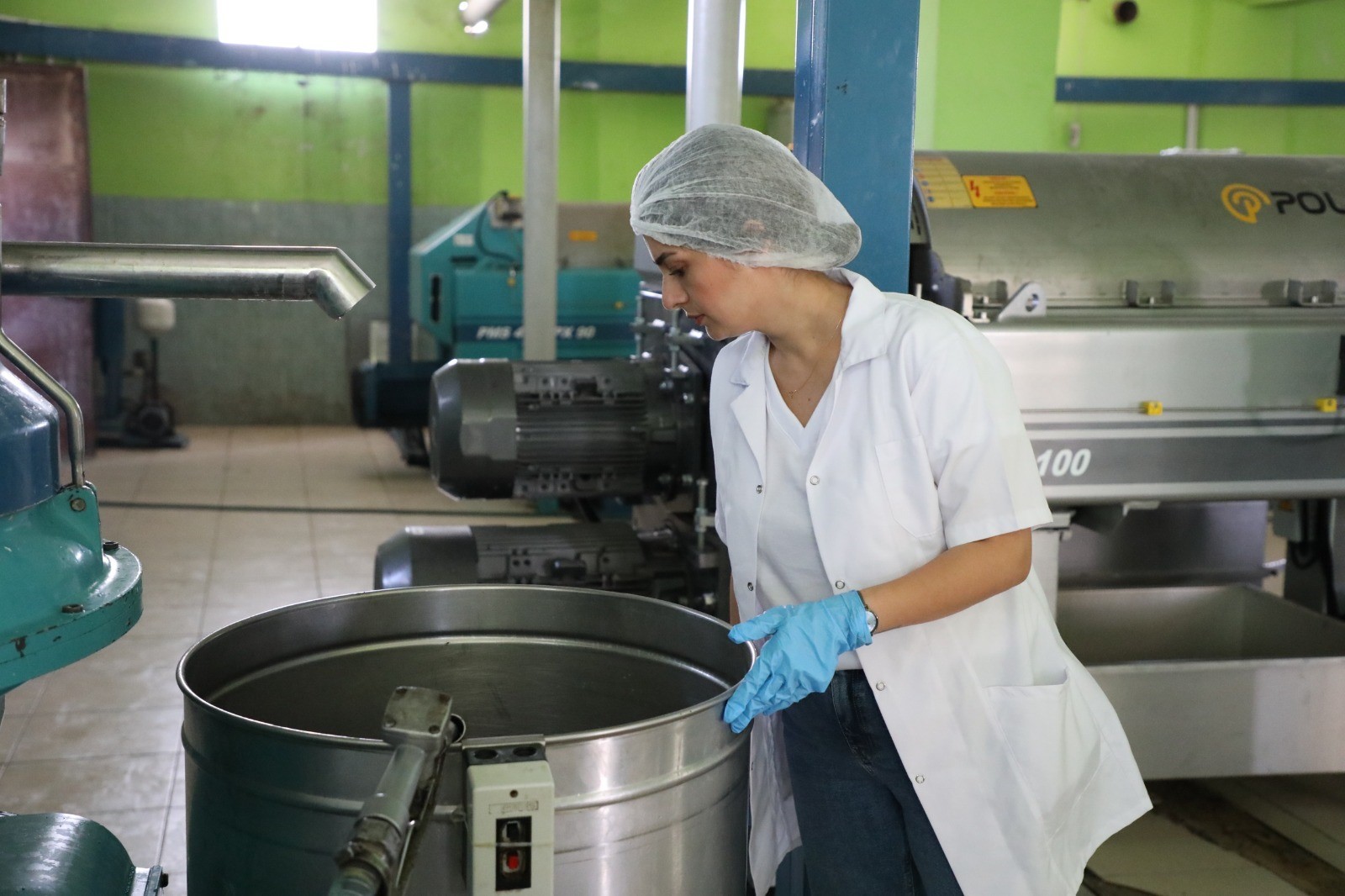
The Minister of Agriculture and Forestry, Ibrahim Yumakli, has unveiled an innovative initiative in the fight against food fraud. To enhance consumer protection, fraudulent food product lists will now be shared electronically in real-time.
This new system, launched today, allows public access through the platform “guvenilirgida.tarimorman.gov.tr.”
Following inspections, the ministry identified 56 products deemed hazardous to consumer health because of spoilage or alteration.
Additionally, the ministry publicly listed 463 products confirmed to be counterfeit or adulterated.
Violations include the use of single-hoofed animal meat, unauthorized vegetable oils and mixed poultry meat in various products. The list will be updated in real time.
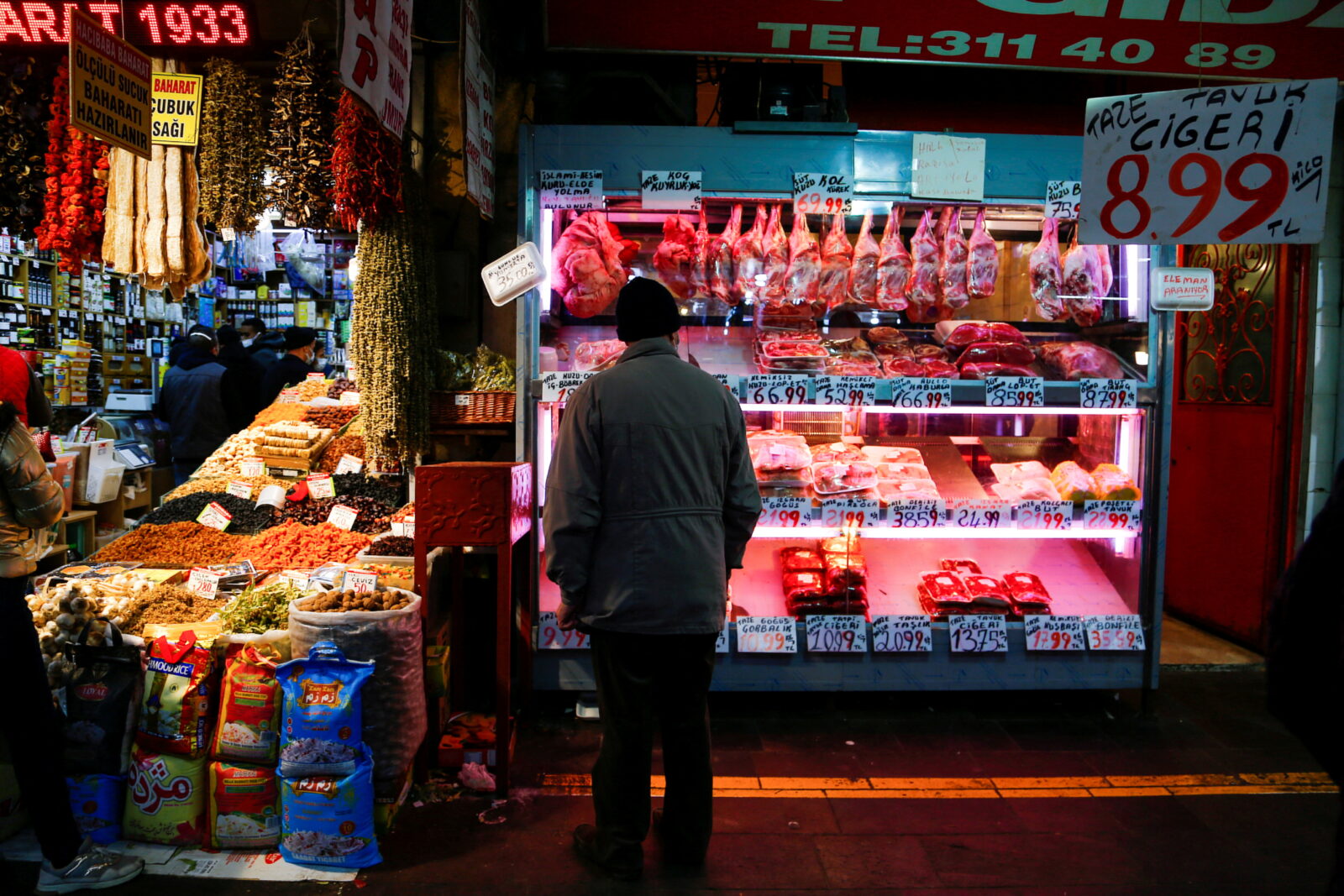
In its announcement regarding the application, the ministry stated these lists could be shared with the public in accordance with Article 31 of the Law No. 5996 on veterinary services, plant health, food and feed.
It also mentioned that, per Article 8 of the Regulation on Official Control of Food and Feed, the names of companies producing health-threatening products, along with product information, will be published on the ministry's website.
Among the most notable examples of counterfeit and adulterated products are the mixing of different oils with olive oil and the addition of margarine to cheese. Serious violations, such as the use of textile dyes in food and the addition of pharmaceutical active ingredients in foods, have also been detected.
This new application enables consumers to access reliable food options instantly and protect themselves from products that pose health risks.
The Ministry of Agriculture and Forestry has begun disclosing the producers identified for counterfeiting and adulteration in food products.
The shared list reveals the extent of tampering with public health.
According to the list, a firm in Antalya's Kepez district was found to include pork in its kebabs. Additionally, a spice company had multiple products, such as hot red pepper and sumac, containing dyes not permitted for food use. In an inspection of buffalo yogurt, no buffalo milk was found.
The list of products is available on the “güvenilirgida.tarimorman.gov.tr” website.
The inspection revealed 56 different products that were spoiled or altered in ways that could endanger health.
Additionally, 463 products confirmed to have been counterfeited or adulterated were published.
In the section concerning health-threatening products, the list included alcohol in non-alcoholic beverages where it is not permitted, natamycin in cheese (a food preservative used to prevent mold and yeast development in dairy products) and pharmaceutical active ingredients in honey and dark chocolate.
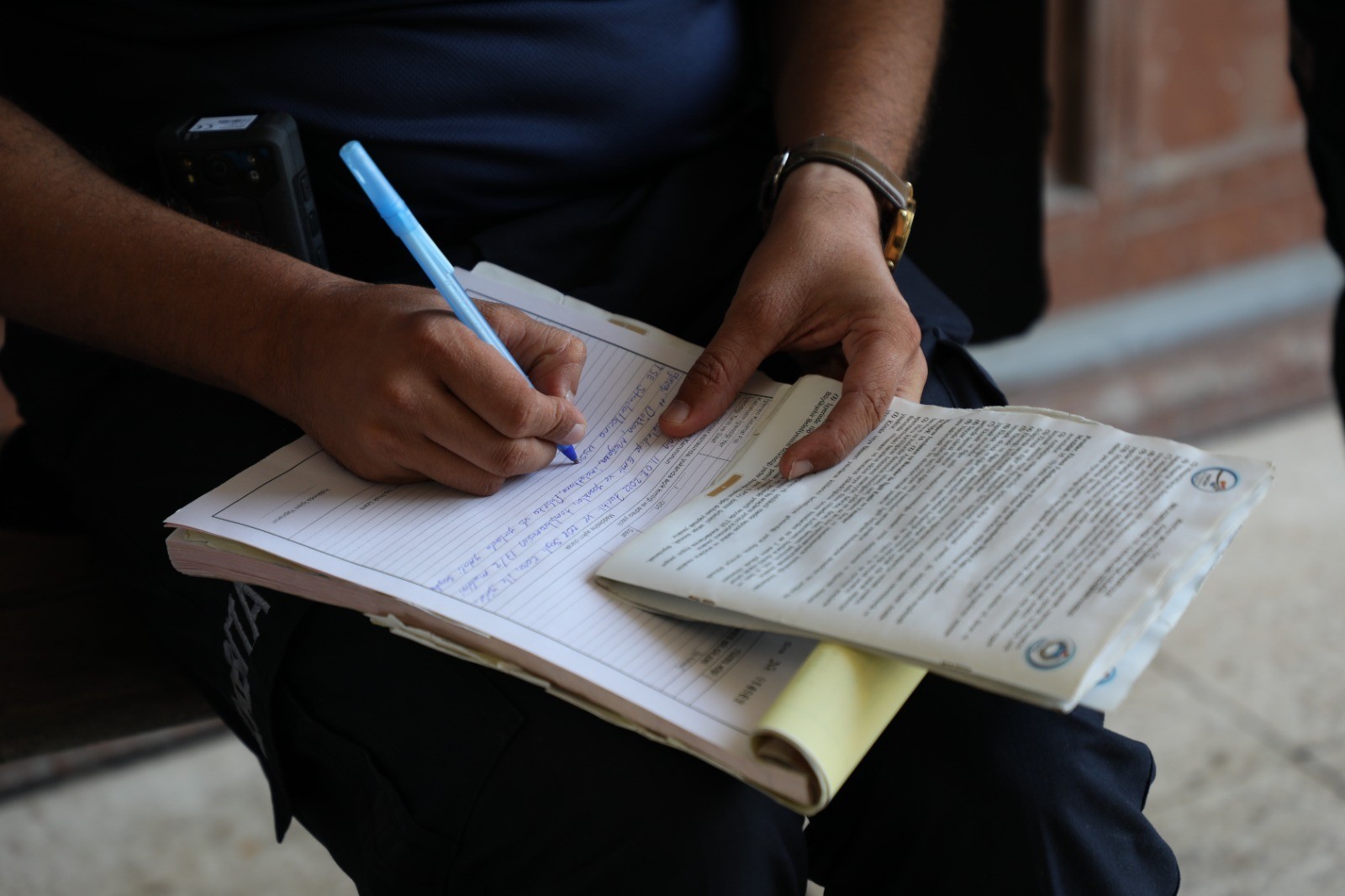
Some of the products and brands listed by the Ministry of Agriculture and Forestry are as follows:
Every individual has the right to a healthy, fulfilling life, including access to adequate living standards, nutrition and safe food.
It's a fundamental fact that human survival depends on food, making access to safe, quality food essential for maintaining good health. This necessity underscores the sensitivity of agricultural and food systems to ethical and safety concerns.
The food industry, one of Türkiye's oldest economic sectors, is highly competitive. While not all food products are fraudulent, the quality and design of products are crucial for the success of manufacturing companies.
In Türkiye, issues of counterfeiting and adulteration fall under the umbrella of “food fraud,” a term widely recognized in the European Union (EU).
The Food Standards Agency (FSA) defines food fraud as "the intentional misrepresentation of food for economic gain, with the intention of deceiving consumers." This refers to illegal interventions aimed at increasing a product’s perceived value or cutting costs by using cheaper substitutes.
From a food safety and security standpoint, counterfeiting and adulteration are viewed as forms of food fraud. In both Türkiye and the EU, food fraud is classified as a criminal offense.
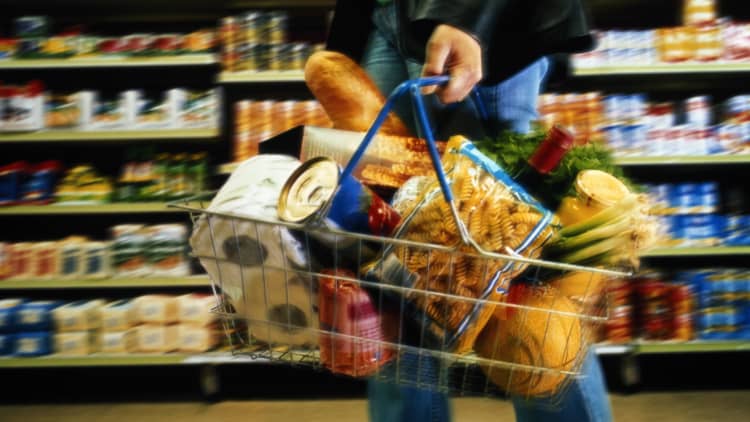
It is incorrect to assume that all companies in the food industry engage in counterfeiting or adulteration. In Türkiye alone, there are approximately 95,000 food production facilities. Unfortunately, some resort to these unethical practices because of competitive pressures, concerns over revenue, regulatory compliance challenges, increasing demand and resource shortages.
Counterfeiting and adulteration undermine food quality, safety and reliability. These practices erode consumer trust and cause financial and reputational harm to food businesses. Recently, the issue of safe food products has gained significant attention.
Counterfeiting and adulteration are global challenges, affecting not only Türkiye but also economically and socially advanced nations. The complexity of supply chains and the degree of food processing provide more opportunities for fraud. The key challenge lies in how these issues are managed and the measures taken to combat them.
In recent times, both national and international food legislation have placed significant emphasis on addressing counterfeiting and adulteration. These practices are closely evaluated in the context of food safety and security.
According to Law No. 5996, Articles 3/63 and 3/64, their definitions are as follows:
The Ministry of Agriculture and Forestry is authorized to share information obtained from inspections under Article 31/6 of Law No. 5996.
Additionally, under Article 8 of the Regulation on Official Control of Food and Feed, dated December 17, 2011, the ministry takes necessary actions based on internal audit findings or external inspections. These audits are conducted with transparency and are subject to independent review, ensuring accountability and thorough oversight.
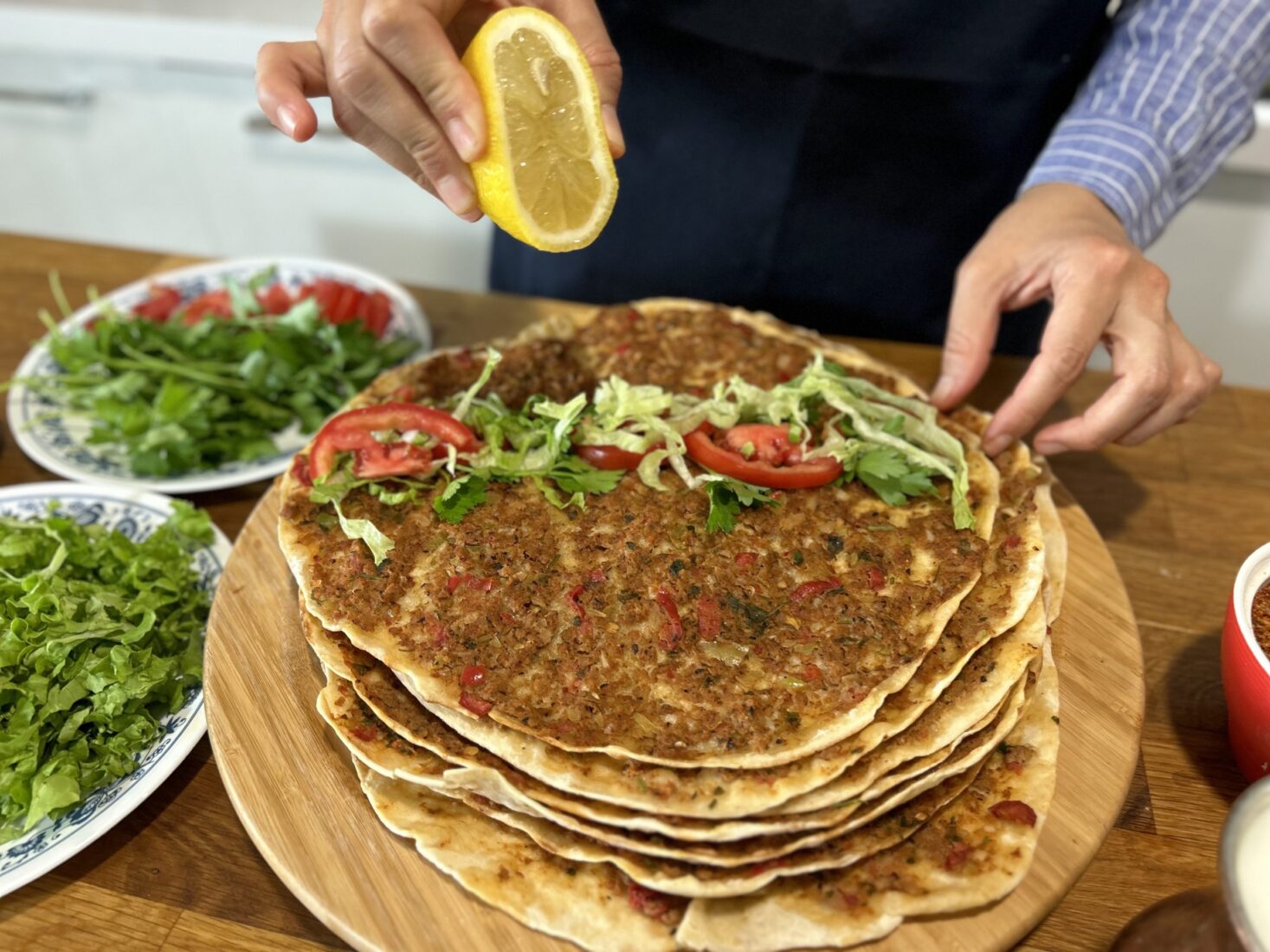
The United Nations Food and Agriculture Organization (FAO) defines food security as “the physical and economic access for all people at all times to sufficient, safe and nutritious food to meet their dietary needs and food preferences for an active and healthy life.” To ensure food security, FAO proposes four key conditions:
The right to purchase and consume sustainable, reliable, quality, and healthy foods that develop people's eating habits at reasonable prices is secured under “food security.” Issues of fraud and/or adulteration are directly related to food safety and food security. The European Commission states that four fundamental criteria must be present in cases of food fraud:
Members of the "EU Food Fraud Network" have been exchanging information about legislative violations since 2015 under the "Administrative Assistance and Cooperation System" (AAC).
According to the AAC-FF (Food Fraud) 2019 report, issues of food fraud are presented with percentage distributions.
The recent measures taken by the Ministry of Agriculture and Forestry in Türkiye to combat food fraud are significant steps toward ensuring consumer health and safety.
By providing real-time access to information about fraudulent products, consumers can make informed choices and protect themselves from potential risks.
As the food industry faces increasing challenges, maintaining transparency and accountability will be crucial in building trust and ensuring the integrity of food products.